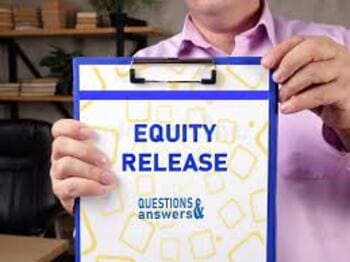Final Salary Pension Schemes are the envy of many workers in the UK; they have long been regarded as the most generous pension scheme available, and are enjoyed by millions of workers from the public and private sector alike. Over the past decade, however, these schemes have become increasingly unavailable to the vast majority of workers, resulting from their inability to meet standard obligations.
Quite simply, they have proven to be generous beyond their means - as highlighted by the fact that many schemes have been taken over by the Governments Pension Protection Scheme which has capped payouts at £30,000 a year. Those that remain have replaced the Final Salary Schemes with less generous "Defined Contribution" Pensions, which place the risk and uncertainty factor onto the worker. What you receive from these pensions depends on investment returns: there are no guarantees.
New Law, New Freedom...?
The sweeping changes to pensions brought in during 2015 by Chancellor George Osborne has given Defined Contribution Pension holders greater freedom in terms of what they do with their pension pot. The most obvious change has given workers the chance to "cash in" their future income - in return for a cash lump sum.
While this nod towards individual freedom has been welcomed by many, more and more industry experts are urging caution. It is estimated that as many as 10% of pension holders will choose to opt for a lump sum, with most of these individuals investing the money into the stock market as an alternative source of future income. The idea is that a savvy investor might be able to increase the returns they would have got from their final salary scheme, whilst also drawing down a flexible income from it.
The new rules also make sense for individuals with larger pension pots and where inheritance tax will likely be payable. What's more, revised death benefit rules are designed to give workers with children and grandchildren more flexibility in who they bequeath their pension to, whilst final salary schemes are passed onto the holder's spouse.
The Big Risk
The major risk in all of this is relying on investment returns; with the current volatile nature of the stock market, the cause for concern is warranted. Anybody who took a lump sum payment last year and invested it in the stock market is probably regretting their decision today. However, if somebody was to do it this year when the market is near "bottom", then they could potentially benefit greatly. It's a complicated decision that should not be made without professional advice; thankfully this is now compulsory, and free from the government.
Savers with final-salary pensions should certainly shop around to find the best "transfer value" on offer within the market. A study by Tideway Wealth Research has shown huge variances in the deals being offered to the person holder - as much as 25% above or below the average offer drawing stark contrasts for individual cases.
To put some numbers against this, if you retire at 60 with a £10,000 a year pension, you would likely be offered a lump sum of around £270,000 - 27 times your annual income, calculated through the assumption you will die aged 87. Other firms in the market could offer anywhere between 22 years and 33 years, according to research (£222,000 -£330,000). The lower the offer from your pension provider, the more difficult it will be to 'beat' the returns by investing in the stock market.
All in all, it's an interesting opportunity that will be beneficial to some, but inevitably a bad investment decision by others. Our advice is, do your research, run the numbers (again, and again), get independent financial advice, and plan for the long-term.
See also: Annuities Vs Income Draw Down Pensions - Pro's and Con's.







